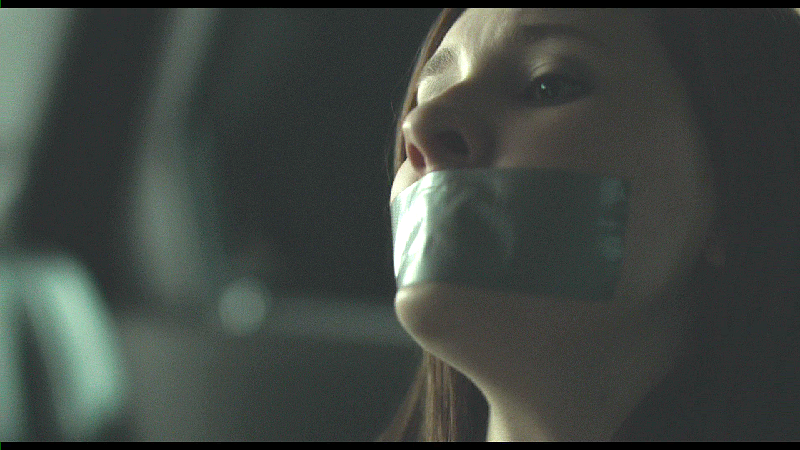

Additionally, if the Department of Ecology issues a notice of violation related to “discharges from agricultural activity” based on information provided by a third party, the Department must reveal the name of the third party to the person receiving the notice of violation. If enacted, the bill would prohibit the Department of Ecology from investigating a “suspected discharge from agricultural activity” based on information from an anonymous third party. In July, 2016, we prepared the following state-by-state survey of where these laws had at that time been proposed, accepted, and rejected.

And until we can talk to the animals, a furtive photo or video is the best we can do to keep a check on the shadowy practices that so often infect agri-business today.

After all, we cannot rely on the animals to tell us when farmers behave badly. They are singularly designed to silence this suspect class and maintain a dark shroud over an industry that is central to our health and wellbeing and ripe for exploitation and abuse. Instead, Ag-Gag laws target whistleblowers plain and simple. There are other laws that guard against and punish this kind of mischief. But that’s not what Ag-Gag laws go after. To be sure, we do not want to permit or encourage criminal trespass, defamation, invasions of privacy, or fraud and deceit of any kind. The ultimate problem with these Ag-Gag laws is that they are grounded in the unsupportable notion that transparency is a bad thing. If abusing animals and endangering our food supply really are “commonly accepted” in the industry, or even approaching the norm, all the more reason to quash these laws and bring these activists formally within the protections of the federal whistleblower fold. None of this really stands up against the many factory farm abuses that have been, and will continue to be (if permitted), caught on tape. They also claim videos can be misleading and taken out of context, making commonly accepted farming practices appear gruesome and offensive. Proponents of the Ag-Gag legislation claim these laws protect farmers from activists and eco-terrorists. It’s all off-limits under these anti-whistleblower laws designed to ensure that what happens at the factory farm, stays within the factory farm. The laws generally apply regardless of what misconduct may be occurring, whether it be mistreating animals, endangering our food supply, or despoiling the environment. So-called “Ag-Gag” laws refer to the various forms of legislation passed or proposed in some states (rejected in others), which essentially make it a crime to photograph or videotape any activity on a farm or agricultural operation without the owner’s consent.


 0 kommentar(er)
0 kommentar(er)
